The Human Side of Healthcare Efficiency
Independent medical practices are built on connection—the trust between provider and patient, the familiarity of small teams, the sense of community that large systems can’t always match.
But behind that human strength lies a growing crisis: burnout.
From constant documentation demands to payer correspondence, small-practice teams spend more time managing systems than serving patients.
The administrative burden has quietly become the biggest threat to independent care.
The good news is that a new wave of AI-driven automation is helping small clinics fight back—not by replacing people, but by giving them their time, focus, and sanity back.
1. Burnout Begins in the Back Office
When we talk about burnout, we often think of emotional fatigue or long clinical hours.
But for small practices, burnout usually begins with operational overload.
Tasks like documentation, billing reconciliation, and prior authorizations pile up after hours.
Team members juggle multiple systems that don’t communicate, and the same work gets repeated across platforms.
These daily inefficiencies erode morale and productivity.
AI can reverse that cycle by taking over the most repetitive administrative tasks—restoring time to focus on patient care and meaningful work.
2. Automate the Repetitive, Empower the Essential
AI isn’t a replacement for your team—it’s a reinforcement.
By automating the predictable parts of practice management, small clinics can give staff back the time they need to focus on patients and teamwork.
Automation can handle:
- Prior authorization submissions and tracking
- Visit note prep and documentation summaries
- Referral and fax processing
- Claim review and error detection
- Refill and follow-up reminders
When those tasks run automatically in the background, providers and staff can finally focus on the parts of healthcare that require empathy, judgment, and care—not data entry.
3. Create Space for Human Connection
Small-practice success has always depended on relationships—between staff, and with patients.
Burnout doesn’t just affect workflow; it affects how people interact.
When teams are buried in administrative work, the emotional bandwidth for care shrinks.
AI helps rebuild that space.
By reducing after-hours work and manual busywork, automation allows teams to reconnect—to the mission, to each other, and to their patients.
This isn’t about technology replacing empathy. It’s about technology protecting it.
4. Improve Job Satisfaction and Retention
Burnout doesn’t just hurt morale—it drives turnover.
Replacing even one staff member can be devastating for a small clinic’s continuity and culture.
AI helps prevent that by reducing friction in daily work.
Staff see faster progress, fewer repetitive errors, and a clearer sense of control over their day.
That sense of flow creates real job satisfaction—and in small practices, that satisfaction spreads quickly.
Reducing burnout isn’t just good for people. It’s good for business.
5. Reclaim Work-Life Balance Through Smarter Systems
When administrative work runs efficiently, days end earlier, and weekends stay free.
AI-driven automation ensures that documentation, claims, and referrals don’t spill into personal time.
By streamlining processes, clinics can restore a sense of balance that’s been missing for too long.
It’s not about doing more—it’s about doing what matters most, better.
Why Independent Practices Choose Honey Health to Reduce Burnout
Honey Health was designed to lift the administrative burden that weighs down small practices.
Its healthcare-specific AI automates documentation, billing, and coordination tasks inside your existing systems—so your team can focus on care, not clicks.
Key advantages include:
- Automation That Fits You: Works seamlessly within your EHR and daily workflow.
- Healthcare-Specific Intelligence: Built for real clinical and operational complexity.
- Staff-Centered Design: Simplifies repetitive work and prevents after-hours burnout.
- Compliance You Can Trust: HIPAA and SOC 2 certified with secure integrations.
- Immediate Impact: Clinics see measurable time savings within weeks.
Honey Health helps small teams work smarter, breathe easier, and build practices that last.
Technology That Protects People
Burnout won’t be solved by more effort—it’ll be solved by better systems.
AI offers independent practices a way to stay human in a world that keeps adding complexity.
Automation gives time back to the people who make healthcare work.
And in small clinics, that gift of time can change everything—from staff morale to patient experience.
Because when your team has the bandwidth to care, your practice has the foundation to thrive.

